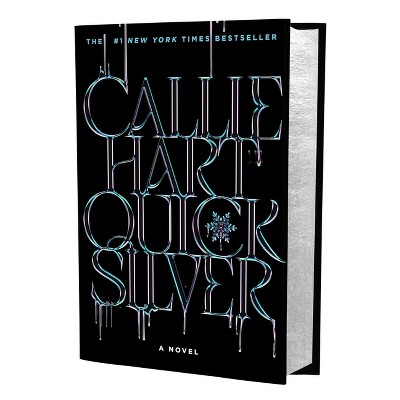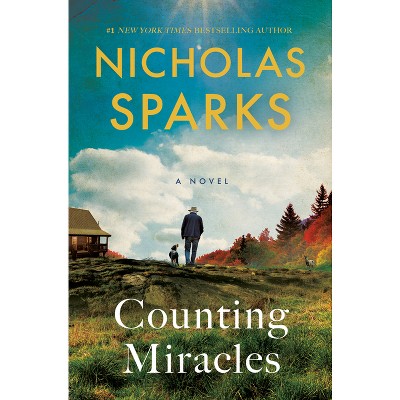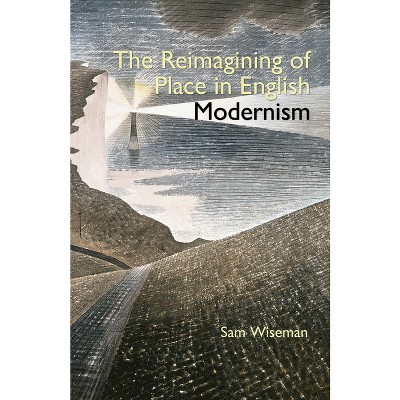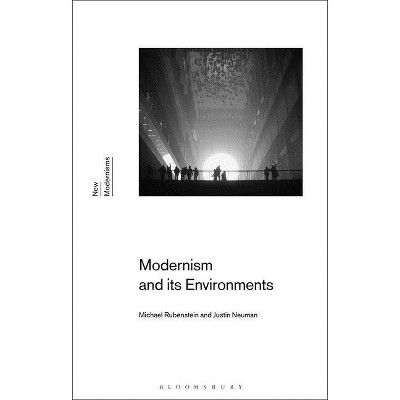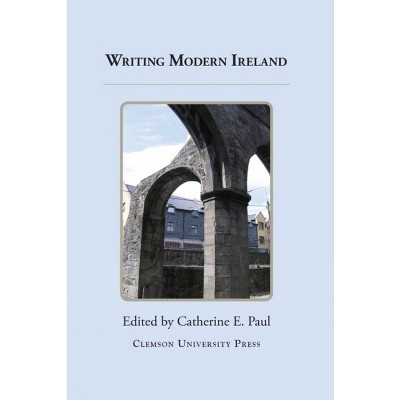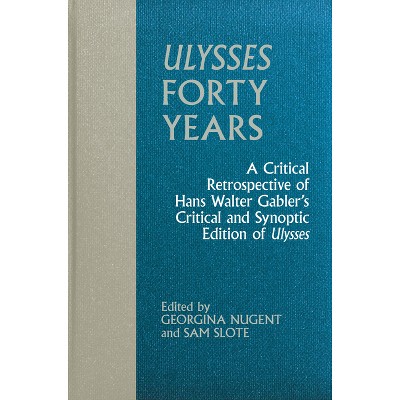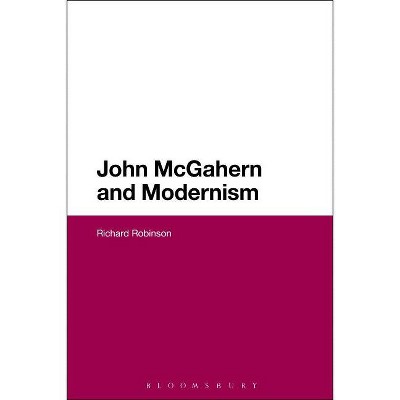The Wanderings of Modernism - (Clemson University Press: Seminal Modernisms) by Yasna Bozhkova & Diane Drouin & Olivier Hercend (Hardcover)

About this item
Highlights
- Ebook available to libraries exclusively as part of the JSTOR Path to Open intiative.This volume brings together scholars of English-speaking literary modernism, around the notion of wandering, both as a spatial concept and as a broader notion involving the loss of identity and social, political as well as philosophical questions.
- Author(s): Yasna Bozhkova & Diane Drouin & Olivier Hercend
- 256 Pages
- Literary Criticism, European
- Series Name: Clemson University Press: Seminal Modernisms
Description
About the Book
This volume addresses the notion of wandering in English-speaking literary modernism. Focusing on the interwar period, it encompasses the material aspects of wandering lifestyles, their social and cultural conceptualizations, from tourism to exile, and the politics of localization and displacement, from a diverse range of scholarly and theoretical perspectives.
Book Synopsis
Ebook available to libraries exclusively as part of the JSTOR Path to Open intiative.
This volume brings together scholars of English-speaking literary modernism, around the notion of wandering, both as a spatial concept and as a broader notion involving the loss of identity and social, political as well as philosophical questions. It addresses the crucial importance of wandering after the First World War, at a time of acceleration in transports and communication, coupled with a sense of fragmentation and loss, which are posited as a crucial set of experiences for modernist artists. The collected articles encompass the material aspects of wandering lifestyles, the social and cultural institutions of modern travels, from tourism to exile, as well as the politics of localization and displacement in a world dominated by imperialism and caught in nationalist and ideological struggles. They explore the interconnections between these forces, on different scales, and the personal and artistic trajectories of canonical modernist figures likes James Joyce, Virginia Woolf or William Carlos Williams, and others who have received more recent recognition like Jean Rhys or Katherine Mansfield, as well as lesser-known movements like the American "Hobohemia." The range of concepts and critical perspectives they invoke, and the way in which these theoretical concepts intersect and connect in fruitful exchanges, provides readers with a vast and fascinating insight into the diversity of modernist scholarship and the new trajectories which it is following, especially in the crucible of French academia.



